04/04/2023
Companies are now looking for providers that are partners in their transformation journey
IT outsourcing is changing fast. The era when outsourced IT was synonymous with distant, cheaply run helpdesks is ending as firms seek new, partnership-based models that help them with their digital transformation journey. Outsourcing is also helping companies with one of their most pressing IT challenges – skills shortages. Leveraging a service partner like Getronics enables clients to benefit from deep knowledge, specialist skills and the capability to build an effective digital future which free’s up their resources to focus on core business activities.

To understand this profound change, it helps to look at how IT outsourcing has evolved in the UK and beyond. One of the first companies to outsource their tech operations was Eastman Kodak, which in 1989 was still considered one of the world’s most innovative companies. The company’s CIO, Katherine Hudson, had a novel idea: the photography giant no longer needed its sizeable IT estate, or really, much of its technology at all, and it decided to outsource most of it. This was highly unusual and triggered an explosion in outsourcing for basic technology functions such as helpdesk, device management and network ops.
But the original insights behind IT outsourcing got diluted. Instead of being seen as a way of liberating companies to focus on their core business, it became synonymous with cost-cutting. Companies drew up a service-level agreement for various IT functions and contracted with whoever promised the lowest price.
Fast-forward to 2023, however, and at last, IT outsourcing is fulfilling its true potential. The most progressive firms in IT outsourcing like Getronics are no longer just there to sluice away jobs but are helping businesses build and support better technology platforms quickly, so companies can focus on their core competencies while enjoying the benefits of cutting-edge technologies like AI and the Internet of Things.
Many companies see the business need for these new technologies but can struggle to deploy them using in-house talents. They also struggle in other key areas, such as cyber-security. However, IT specialists that offer outsourced services have the critical mass to attract and retain talent – and keep their skills up-to-date.
Operating in a very shaky macroeconomic outlook, CIOs increasingly recognise the need to re-evaluate their IT strategies in support of the business goals. They need to focus on building resilient, secure, responsive, and agile services, but they are also under tremendous pressure to deliver those services with highly-constrained budgets.
Nearly all organisations are building platforms for consumption whether that’s internally or externally. They’re building platforms that they can leverage and scale up and down to cope with economic changes – and that’s what our customers are looking for, flexible operating models they can basically build on, get services, and consume them. They don’t have to make massive ongoing investments to reap the rewards.
And there’s a whole host of unseen, complex problems around people and processes in order to deliver these digital technologies. So perhaps that’s why a blended outsourcing model is becoming an increasingly attractive option for businesses that want to focus on what they’re good at.
In the same way that the biggest hyperscale cloud providers offer flexibility and scalability around running infrastructure, outsourcing can provide the same kinds of benefits for skills where an organisation may be lacking internal expertise.
This is reflected in the changing tasks being handled by outsourcers. For example, instead of “just” running a help desk, they are now more likely to be also helping with business-critical functions such as application development.
We’re actually seeing clients moving away from those monolithic outsourcing models because they clearly haven’t worked or delivered the value that they were seeking. Clients are now selecting solutions based on how they will address their specific service requirements.
We have the capability to consult and deliver value, both from within Getronics comprehensive portfolio of capabilities and from our partners, for instance Azure or AWS, or from a global product supplier, where all services are managed by us”
This new way of thinking is also changing how services are procured. In the past, businesses approached outsourcers chiefly to cut costs, but this led to something akin to a price war among the biggest of them. The result was that the prices were driven down so much that customers came away with threadbare products, and business value wasn’t being delivered on top of it. Outsourcers on wafer-thin margins had no incentive or capacity to help clients meet broader business goals.
“If you are negotiated down to the lowest possible price, you’re very restricted [in what you can do],” says Lakovic. In contrast, he says, the new approach to outsourcing focuses on customer experience and business outcomes. “It’s going to be less and less about the service level, more about the experience model and value you can bring.”
Instead of the outsourced staff being in distant locations with the cheapest labour costs, Getronics is seeing increasing demand for blended onshore and near-shore staffing models that can provide high-quality, flexible services, while visiting a client in person to get full understanding of their business and their digital requirements.
This all adds up to a considerable shift in the IT outsourcing model, with businesses increasingly looking for partnerships focused on value rather than just the price point alone. They want more of a partnership where the experts with those elusive skills, the operational agility, and the ability to scale are on hand to be consulted with and to help steer strategy. Businesses want advice and dialogue, not a service provider that delivers narrowly to the letter of the contract and nothing more.
Outsourcing is also being viewed as the most cost and time efficient and preferred option for the end-to-end Application Development process where providers like Getronics, can provide instant access to expert talent and skills and give them the flexibility, agility and speed to market they need.
An increasing number of businesses are coming to us and asking if we can provide initial consultancy services to build the framework of their IT transformation. As part of that process, we can position the breadth of our portfolio to support them through their entire IT outsourced journey. From initial consultancy services, through design, to implementation, and on-going management. IT outsourcing with Getronics has the ability to help businesses navigate their digital future.
For over 130 years, Getronics has been guiding and supporting their customers through the ever-changing use of technology. Today, Getronics still maintains that strong customer connection, helping businesses through their own transformation journeys by leveraging our secure-by-design portfolio. Having the capability to deliver globally, but being agile enough to respond flexibly to the changing need of businesses is not just a strength, but a core company value.
This article is featured in the latest Times supplement
https://www2.getronics.com/the-future-of-it-outsourcing-supplement






